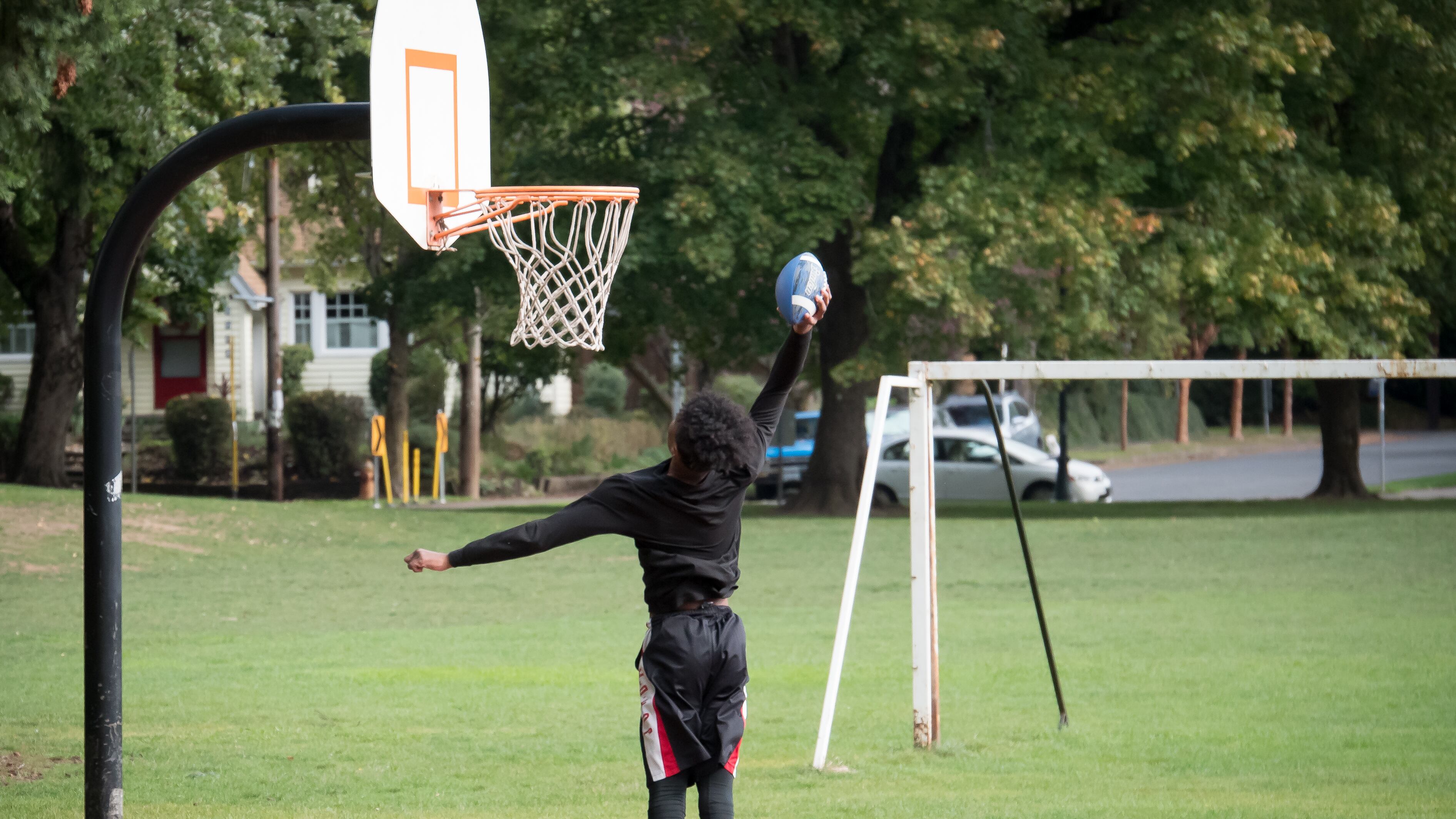For the past four months, WW has examined the racial disparities that make life in Portland and Oregon more difficult for people of color. One measure on Multnomah County ballots could prove life-changing for people on the wrong side of that ledger.
Measure 26-214 would provide tuition-free preschool to all 3- and 4-year-olds in the county, paid for with a 1.5% tax on income over $125,000 for single filers and $200,000 for joint filers.
Experts and advocates tell WW that providing free education and living-wage teaching jobs would begin to address at least six of the inequities previously discussed in this column.
Some of those disparities include unequal housing, income and poverty rates, as well as disproportionate bullying and discipline at school. This measure has the potential to address some of these issues directly. In other cases, these inequities overlap and improving one area could help with another.
Early Learning Multnomah co-director Molly Day has 30 years of child development experience. She says Measure 26-214 could boost communities that need it most, particularly in areas east of 82nd Avenue, which face an extreme wealth gap.
"Lack of access can't be separated from the broader social context of racial oppression that exists in our county," Day says. "Access to preschool is a vital importance not only to parents but to improving child care, improving health care and improving housing."
Consider income, poverty and unemployment rates, for instance.
The average Black family cannot afford to rent in a single Portland neighborhood while an average white family can afford to rent in nearly all parts of the city. Parents who face the burden of trying to pay for housing and child care would now face one less expense. (Along with an extra $1,000 per month, free preschool could further increase a family's income by giving both parents the option to work full time, which could, in turn, lower unemployment rates.)
"You don't have to make the choice between taking your child to preschool or paying your rent or your mortgage," says Lydia Gray-Holifield, an advocate who helped craft the measure. "Parents don't have to worry about paying for preschool, that's empowering."
Another way the preschool measure could address racial disparities is by creating a more culturally aware classroom by diversifying the student body at an early age. Students of color are bullied by their peers at a higher rate and are more frequently disciplined by their teachers. Free preschool could also help balance student achievement levels, which remain woefully unequal.
Frances Sallah, a co-director of Early Learning Multnomah, is a Black single mother who has herself faced poverty. "What we know is that the earlier the children are learning, the better the outcomes are for later on in their life," Sallah says, "especially for brown and Black kids."
Day calls tuition-free preschool an anti-poverty measure.
"Preschool doesn't do everything for us," Day says. "But what it will do is give us a base to build so many other interventions that we didn't know we needed until we had preschool." LATISHA JENSEN.
This reporting has been funded in part by a grant from the Jackson Foundation. See more Black and White in Oregon stories here.

